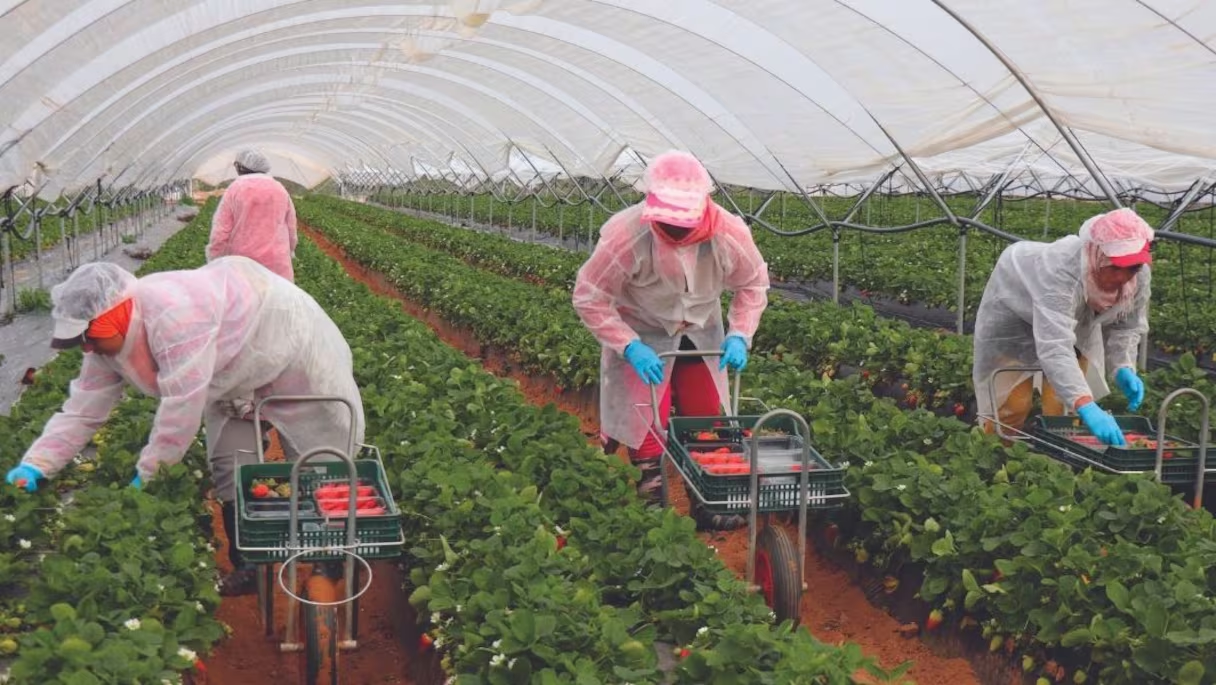North Africa remains the main importing region for Russian agri-food products, but more and more sub-Saharan African countries are increasing their supplies to Russia in a context marked by increasing climatic hazards and a change in people’s consumption habits.
Russian exports of agri-food products to Africa reached $7 billion in 2024, recording a growth of 19% compared to 2023, according to data released on Monday, March 10, 2025 by Agroexport, the Russian federal agency in charge of agro-industrial exports.
Egypt has maintained its position as the largest importer of Russian agri-food products on the continent. The Arab world’s most populous country, whose purchases increased by 21% last year, imports mainly wheat as well as sunflower and soybean oil, legumes, linseed, molasses and yeast.
In addition to Egypt, the top five importers of Russian food products in Africa are Algeria, whose purchases increased by 1.5% in 2024, Libya (-18%), Kenya (+33%) and Tunisia (+28%).
Cereals (wheat, barley and corn) account for 87% of the value of Russian exports to the continent. The rest concerns oils and fatty products, meat and fish.
“Africa has increased its share of Russian wheat exports. Thus, in the 2023/2024 season, a record amount of 21.2 million tons of wheat was exported to African countries, accounting for 38% of Russia’s total wheat export volume. By way of comparison, 17.6 million tons of wheat were exported to this continent in the 2022/2023 season, and 10.6 million tons in the 2021/2022 season,” said Igor Pavensky, head of agricultural market analysis at Rusagrotrans, a Russian logistics operator specializing in the transport of bulk agricultural goods, quoted by Agroexport. He added: “This season, African countries already account for more than 50% of Russia’s total wheat exports. From July 2024 to February 2025, 18 million tonnes were imported by these countries amid growing demand from Egypt, Algeria, Libya, Morocco, as well as Kenya, Nigeria, Tanzania, Mozambique, Ethiopia and other countries.”
Several factors explain the sharp increase in imports of Russian agri-food products by African countries. These include poor grain harvests in some countries in the Maghreb and sub-Saharan Africa, the increase in the continent’s needs linked to population growth and changes in people’s consumption habits, and the destruction of Ukraine’s grain production and export capacities by Russian forces.
Source : Agence Ecofin




